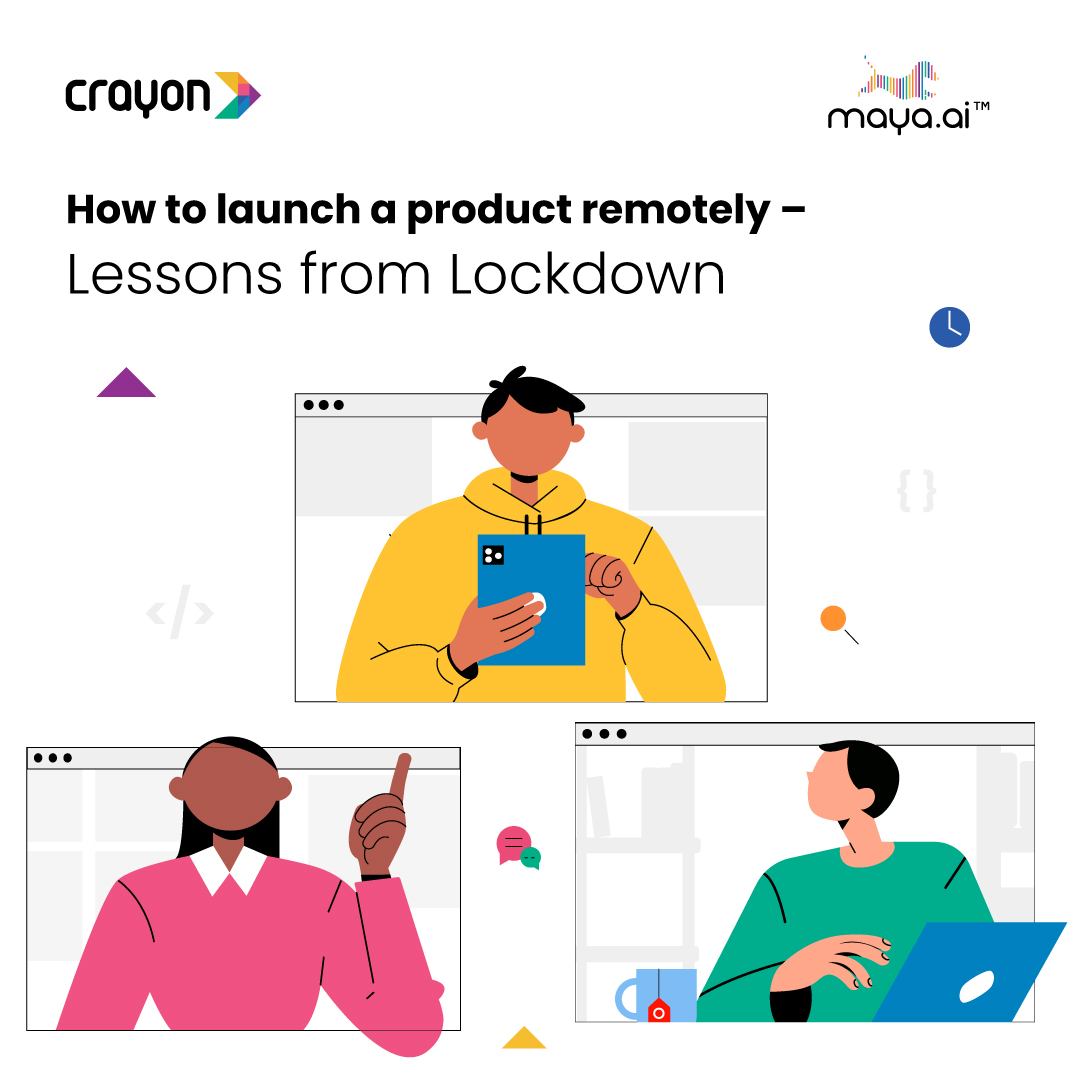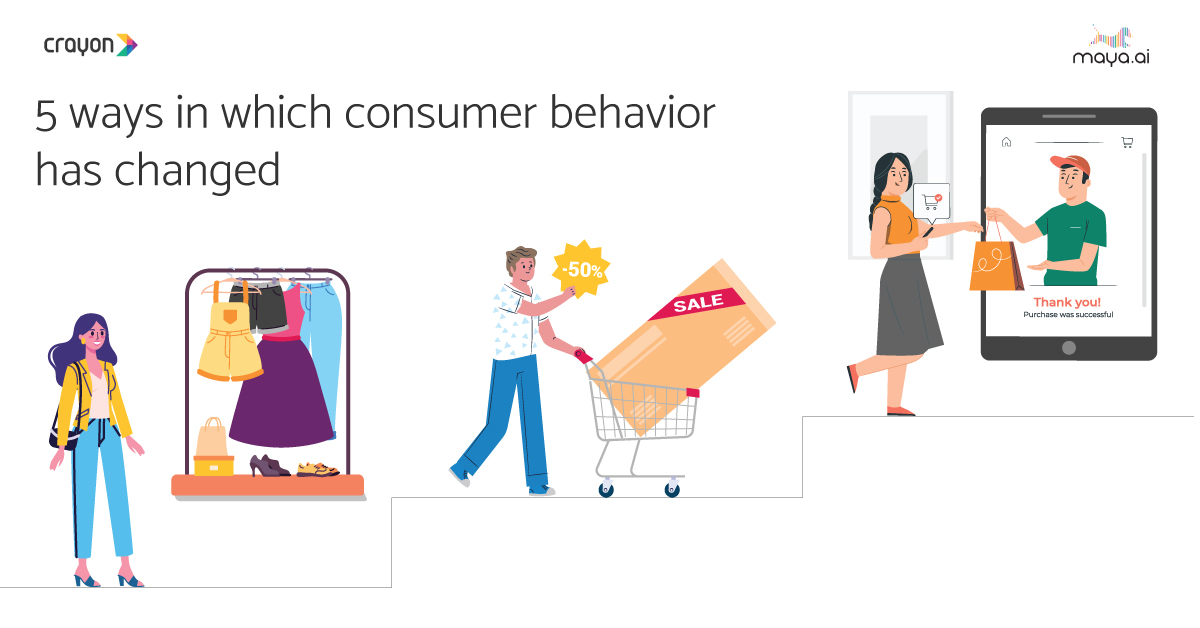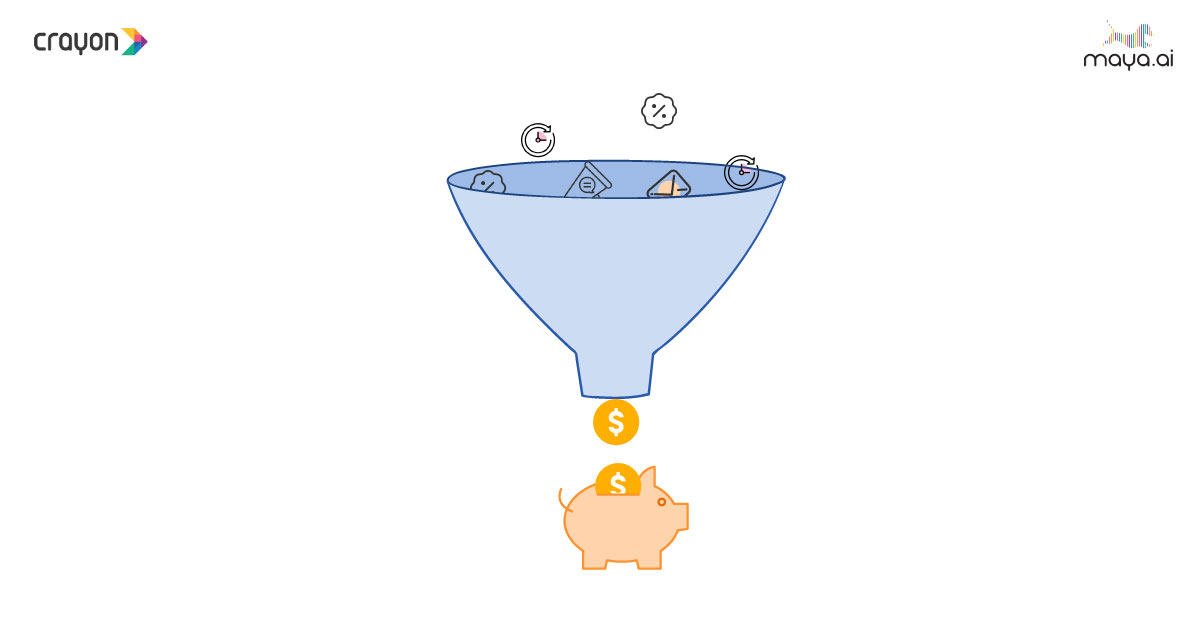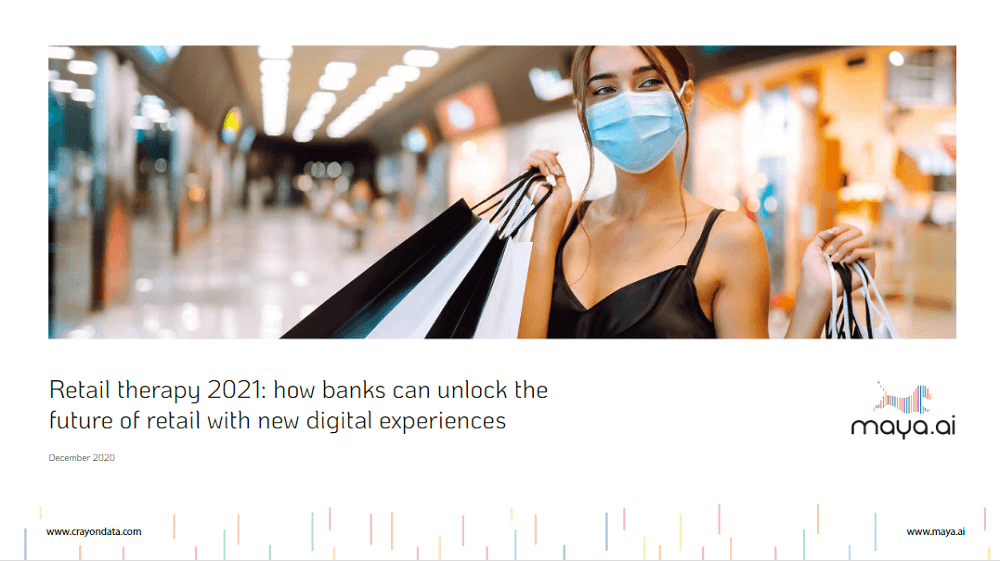In the information age we enjoy today, one fact stands true above all others – data is king. This also explains why data has become one of the most fragile commodities out there. The cyberthreat has never been as pronounced, nor so terrifying, as it is today.
Unfortunately, not everyone is on the same page about the value of protecting data. Cybersecurity measures are worrisomely lacking in many respects. The mere fact that only 5% of company folders are properly protected should be proof enough that cybersecurity isn’t being taken seriously.
If this isn’t enough evidence for you, however, rest assured that there’s more to choose from.
Cyber Attacks Decimate Companies
One of the most obvious dangers of cybercrime is its ability to tear a company apart through sheer costs of the damage it causes. Whether it’s leaked files or ransomware, the consequences can be downright disastrous.
The average cyber attack can cost as much as $3.92 million – a 12% increase in the last five years. Large companies might be able to bounce back from that kind of blow, but the majority of small businesses will likely never recover. And to make it worse, some estimates are far more pessimistic – the figure of $150 million has been cited as the average loss per attack by the end of 2020.
The hidden culprit behind this massive price tag isn’t the files themselves, though. Granted, they play an important part in the overall loss, but the main contributor is losing customers’ trust. Over a quarter of the above figure comes from lost businesses from clients that feel unsafe with the attacked company’s services.
The Cyber Threat Is More Present Than You Think
While most business heads believe that their enterprises are safe from harm, the truth is far less comforting. In fact, the truth is pretty startling – a whopping 63% of businesses have experienced a cyberattack of some kind. The most common kinds of attack are:
- Phishing. The attacker tries to trick victims into clicking compromising links or divulging sensitive data through email (e.g., the infamous Nigerian prince scam).
- Ransomware. The hacker attains sensitive data, encrypts it, and then asks for money in exchange for its return.
The crux here is that business leaders don’t seem to be aware of the looming presence of cyberattacks. A depressingly low number of companies believe to be properly equipped to fend off an encroaching cyberattack. As many as 44% of businesses worldwide don’t have an active cybersecurity strategy in place.
Cyber Security Experts Struggle to Keep Up
Perhaps the most alarming fact of all is that cybersecurity has a very hard time keeping up with hackers. The cybercriminals always seem to find an innovative way to get into the database.
However, it’s important to realize why they’re able to keep getting the best of cyber defenses. It isn’t that they have the world’s most advanced technology on their side – cybersecurity teams often handle even more advanced hardware and software. And their “skills as hackers” aren’t the key issue, either.
The fact that many organizations don’t devote enough funds to tighten up their security certainly contributes to the problem, but the real weakness is people. In fact, 90% of all hacks happen due to old-fashioned human error. Despite the world’s apparent familiarity with the dangers of the online world, many still fall for phishing or social engineering attacks.
Unfortunately, this kind of vulnerability is difficult to address completely. To be sure, you can educate staff and run training courses, but anyone could simply have a bad day and experience a lapse in attention or judgment. The best one can do is educate employees about the ways in which cyber attackers can sneak under the defenses and hope for the best.
Take Cyber Security Seriously
A surprising number of business owners decide to turn a blind eye to the very real presence of the cyber threat. Unfortunately, they only seem to wake up after it’s too late. The average data breach can easily topple a medium-size company, let alone a small business.
Not only are these attacks dangerous, but they also take place all the time. Moreover, they prey on precisely the ignorance (be it willful or otherwise) on the part of the victims. And a single moment of weakness can cost you dearly.
To that end, investment in a robust security strategy, along with nurturing a vigilant mentality among the staff, goes a long way to prevent disaster.

























